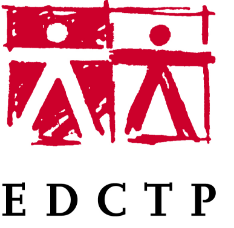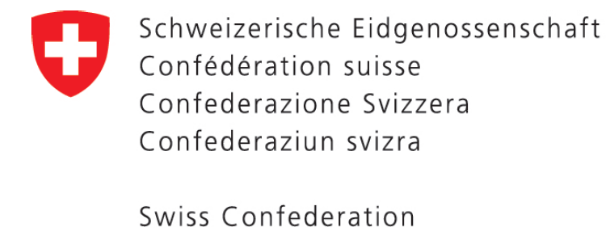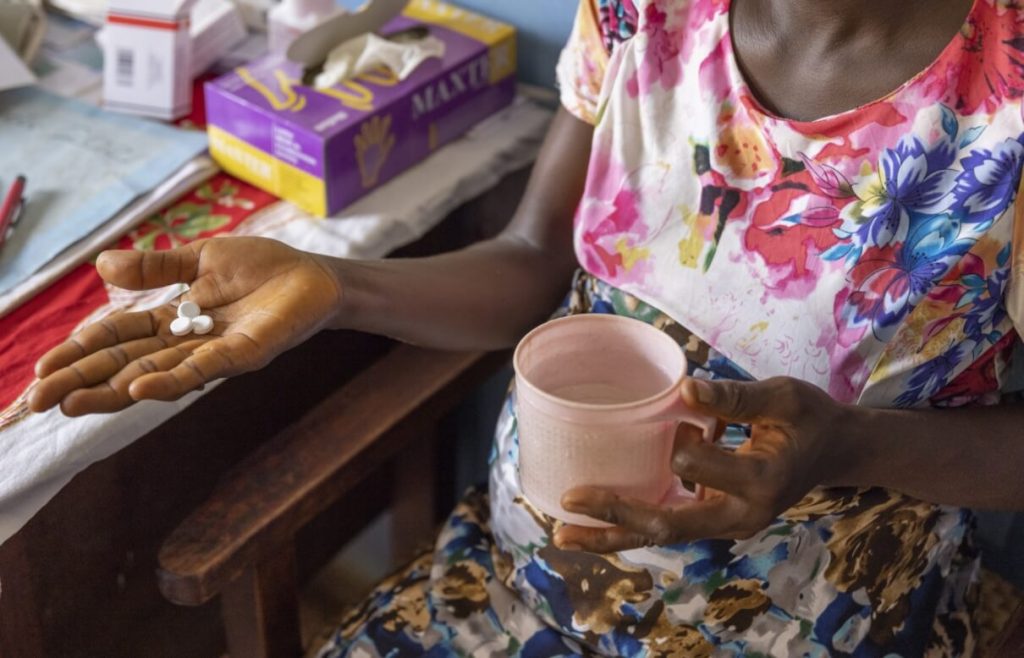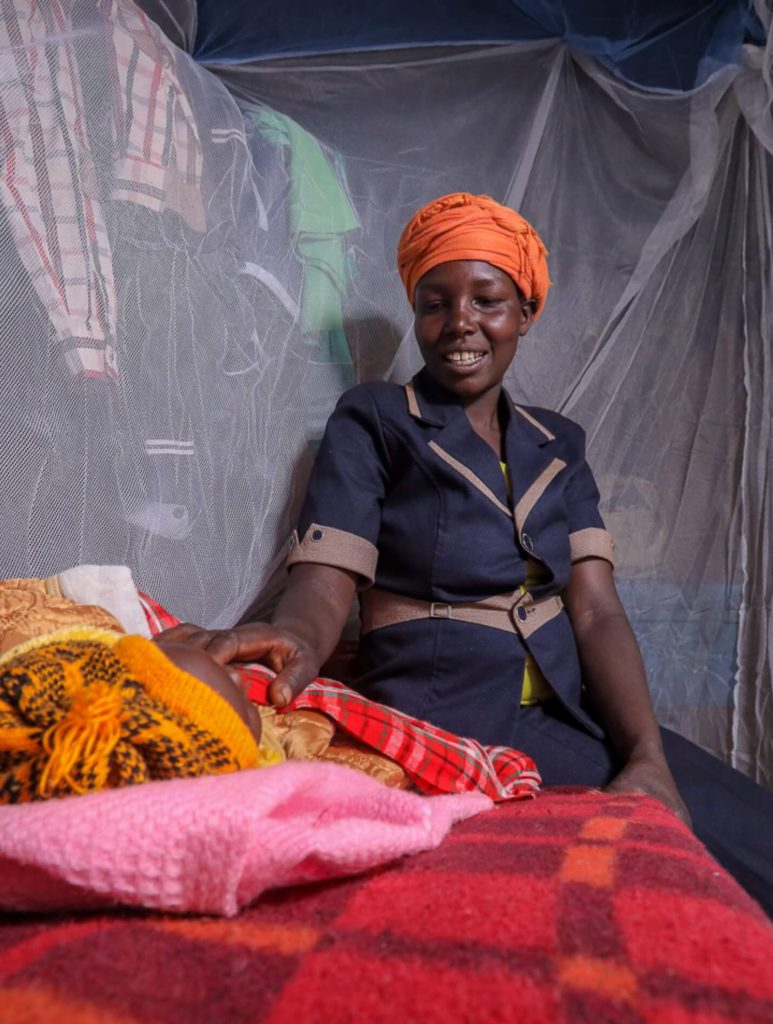This project is part of the EDCTP3 programme supported by the European Union




In 2022, the World Health Organization revised its guidelines to recommend artemether-lumefantrine (AL) over quinine as the preferred treatment for uncomplicated malaria in the first trimester of pregnancy. Nevertheless, the safety and efficacy of other frequently used artemisinin-based combination treatments remain under-researched, presenting a critical data gap for this often-neglected group of patients.
The MiMBa strategy, MiMBa pregnancy registry and PYRAPREG study were launched to help close this data gap, and serve as the starting point on which the SAFIRE study was designed. Moving forward, the evidence generated through SAFIRE will help address the access gap for women with malaria in early pregnancy while supporting the design of future trials targeting other infectious diseases, especially those that affect pregnant women in low- and middle-income countries.
The EDCTP3-funded PYRAPREG project was launched in 2019 to test pyronaridine-artesunate (PA) in pregnant women in their second and third trimester with uncomplicated falciparum malaria in five African countries to determine the drug’s safety, efficacy and pharmacokinetics.
PYRAPREG is providing the necessary information for an alternative, safe and effective treatment to include in the WHO malaria in pregnancy guidelines, thus contributing to reducing the high burden of the disease in pregnant women.


To further include pregnant women in the current approach to drug development, Medicines for Malaria Venture (MMV) launched the Malaria in Mothers and Babies (MiMBa) strategy to help improve access to current treatments while shaping inclusive R&D processes that accelerate the development and adaptation of life-saving antimalarials for pregnant and lactating women.
Through the MiMBa strategy, MMV and the Liverpool School of Tropical Medicine (LSTM) launched a multi-country Pregnancy Exposure Registry, which serves as the basis for an observational study aimed at generating robust safety data on the use of antimalarial artemisinin-based combination therapies (ACTs) in pregnancy, with a focus on the first trimester.